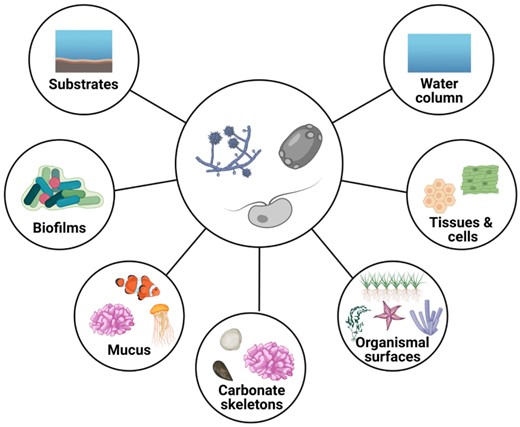2023-04-13 カリフォルニア大学校アーバイン校(UCI)
この研究では、遺伝子変異、代謝、腫瘍マイクロ環境、免疫療法、革新的臨床試験の5つの要素が、膵臓がん治療の指標になることが示唆されています。また、細胞解析技術の進歩や新しい治療法の開発により、膵臓がんの治療においても変革が起こると期待されています。
これらの成果が今後の研究や患者の治療に貢献することが望まれます。
<関連情報>
- https://news.uci.edu/2023/04/13/hallmarks-to-improving-pancreatic-cancer-therapy-identified-by-uci-researchers/
- https://www.cell.com/cell/fulltext/S0092-8674(23)00142-3
膵臓癌の 進展と課題 Pancreatic cancer: Advances and challenges
Christopher J. Halbrook,Costas A. Lyssiotis,Marina Pasca di Magliano,Anirban Maitra
Cell Published:April 13, 2023
DOI:https://doi.org/10.1016/j.cell.2023.02.014

Summary
Pancreatic ductal adenocarcinoma (PDAC) remains one of the deadliest cancers. Significant efforts have largely defined major genetic factors driving PDAC pathogenesis and progression. Pancreatic tumors are characterized by a complex microenvironment that orchestrates metabolic alterations and supports a milieu of interactions among various cell types within this niche. In this review, we highlight the foundational studies that have driven our understanding of these processes. We further discuss the recent technological advances that continue to expand our understanding of PDAC complexity. We posit that the clinical translation of these research endeavors will enhance the currently dismal survival rate of this recalcitrant disease.

